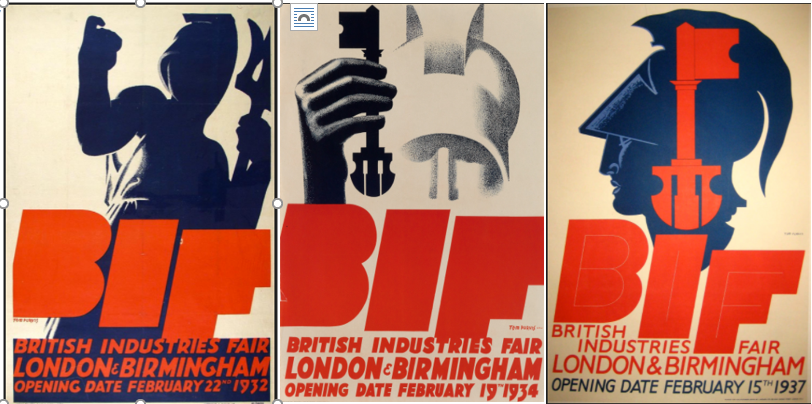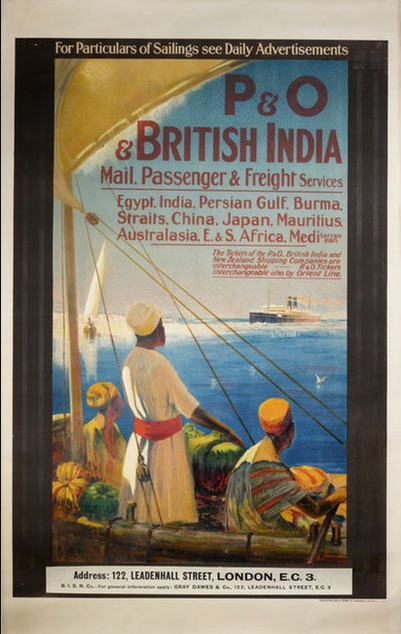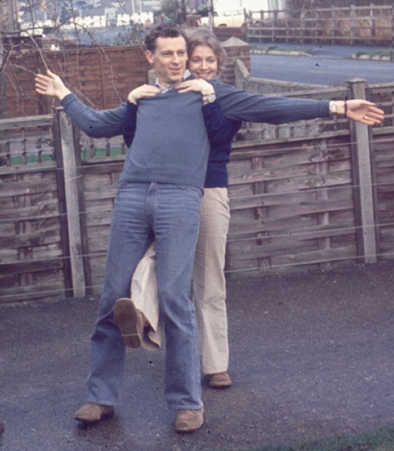David and Apollo
/Fifty years ago at the time of the Apollo 11 Moon Mission, I had a job with an advertising agency in Hong Kong.
None of my friends had a TV, so we gathered on the roof garden terrace of the YMCA in Kowloon to watch the launch of Apollo 11 on an old cathode-ray black and white TV. We were close pressed, cricking our necks and sweating in the heat through the build-up and count-down. You couldn’t see much on the fuzzy screen especially once Apollo had lifted-off nevertheless it felt important to be in the company of others at such a historic moment.
Apollo 11 Launch - broadcast live on 16 July, 1969
Four days later when the Apollo Lunar Module landed on the moon and Neil Armstrong and Buzz Aldrin took their first steps, I was at huddled with most of the ad agency staff around a transistor radio to hear the epic live broadcast of the touchdown followed hours later by the news of the moonwalks.
We had a particular interest as one of our advertising accounts was the Swiss watchmaker, Omega.
When Buzz Aldrin stepped onto the lunar surface, he was wearing an Omega Speedmaster Professional - a timepiece that has been known as the Moonwatch ever since.
For weeks, our agency had been booking space and working on scripts preparing for Omega’s print and TV advertising. The ad was to be simple, a picture of the moon from the space ship with an Omega watch superimposed. The film and photos were to be rushed to us by air courier.
Everything was under control until a late call from Omega days before the Mission - to ensure there was no delay in getting advertising out, they wanted us to create a model of the moon to photograph for the advertisements.
Moon Modeller Required Immediately
That sent our little agency into a flat spin but David Dunlop who was in charge of TV commercials was nothing if not resourceful. After several telephone calls, he rushed off and came back to the office manoeuvring a large half-dome plaster cast left over from some hotel renovation. He set a blown-up map of the moon on an easel, covered the art studio in white sheets and started mixing buckets of white Plaster of Paris. All over the weekend and late into the night he measured the map, moulded and sculpted, modelling the volcanoes, craters and lava flows of the moon’s surface. David, dressed only in a pair of old shorts, for July is horribly hot and humid in Hong Kong, was soon covered head to toe in plaster. David was an artist and he touched up his finished work with a meticulous hand - highlighting crater tops and creating shadows. Once he’d hung a black cloth behind his moon and lit it with a floodlight, he called us all in to for a viewing. We all clapped. It really was a triumph and David, who spent a lot of time hating both Hong Kong and his job, was terribly proud.
My friend David was sometimes a force to be reckoned with…
The Telegram
An urgent telegram arrived from Switzerland: “SCRAP MODEL STOP FILM ARRIVING BY AIR STOP”
David had a legendary temper and so he did scrap the moon. He smashed his handiwork with a hammer until it lay in pieces. Once he was satisfied, he emerged from the art studio with flecks of white plaster sticking to the sweat on his face and stormed off to find a cold beer at the Cricket Club and some patrons to commiserate.
The final Omega ad… But not David’s Moon - this one belongs to Apollo…
While David remained in the doldrums for days, the safe splash-down of the three astronauts, put most everyone else in a great mood. There were thousands of Americans in Hong Kong at that time – many on Rest and Recreation from the Vietnam War. They were terribly pleased with themselves.
And yet there was really was a genuine feeling not just that a Yankee had landed on the moon, but that one of us had stepped out there and that it was indeed a ‘giant leap for mankind.’
My generation all remember where we were when Apollo 11 landed on the moon.
And for me, I have my own folklore from the Apollo saga and it is of my friend David - a misplaced immortal fury smashing the moon to smithereens.






























![20190831_091833[1].jpg](https://images.squarespace-cdn.com/content/v1/5600d12ae4b088bb5b7e347e/1567608079196-7ELNNFAOU9NIARLD2K9Z/20190831_091833%5B1%5D.jpg)